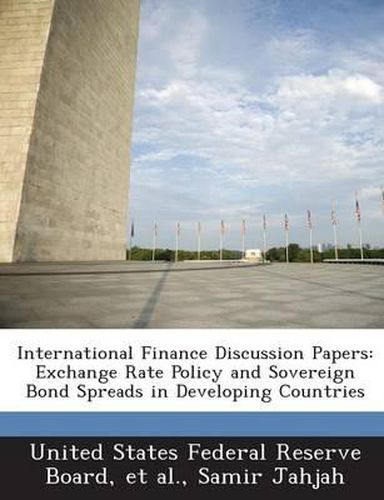Readings Newsletter
Become a Readings Member to make your shopping experience even easier.
Sign in or sign up for free!
You’re not far away from qualifying for FREE standard shipping within Australia
You’ve qualified for FREE standard shipping within Australia
The cart is loading…






This paper empirically analyzes how exchange rate policy affects the issuance and pricing of international bonds for developing countries. We find that countries with less flexible exchange rate regimes pay higher sovereign bond spreads and are less likely to issue bonds. Quantitatively, changing a free-floating regime to a fixed regime decreases the likelihood of bond issuance by 4.6% and increases the bond spread by 1.3% on average. Furthermore, countries with real exchange rate overvaluation have higher bond spreads and higher bond issuance probabilities. Moreover, such positive effects of real exchange rate overvaluation tend to be magnified for countries with fixed exchange rate regimes. Our results suggest that choosing a less flexible exchange rate regime in general leads to higher borrowing costs for developing countries, especially when their currencies are overvalued.
$9.00 standard shipping within Australia
FREE standard shipping within Australia for orders over $100.00
Express & International shipping calculated at checkout
This paper empirically analyzes how exchange rate policy affects the issuance and pricing of international bonds for developing countries. We find that countries with less flexible exchange rate regimes pay higher sovereign bond spreads and are less likely to issue bonds. Quantitatively, changing a free-floating regime to a fixed regime decreases the likelihood of bond issuance by 4.6% and increases the bond spread by 1.3% on average. Furthermore, countries with real exchange rate overvaluation have higher bond spreads and higher bond issuance probabilities. Moreover, such positive effects of real exchange rate overvaluation tend to be magnified for countries with fixed exchange rate regimes. Our results suggest that choosing a less flexible exchange rate regime in general leads to higher borrowing costs for developing countries, especially when their currencies are overvalued.